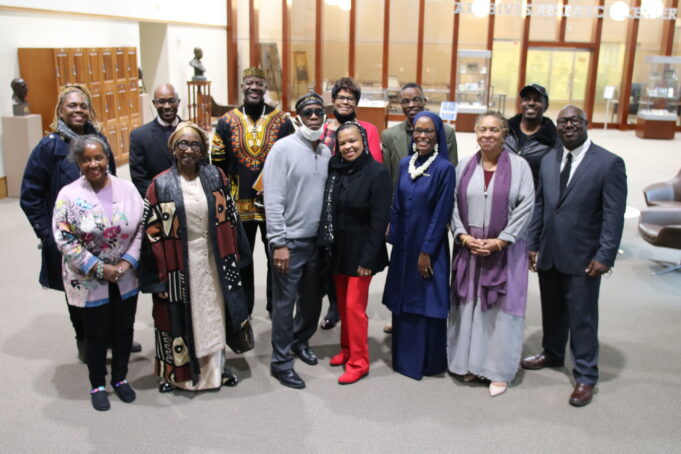“Give me the labor of one person for one year, I would be a rich man. Give me the free labor of 12 Black people for 12 years, I would be a very rich man. Give me the free labor of millions of Black people for 250 years, I would be America.”
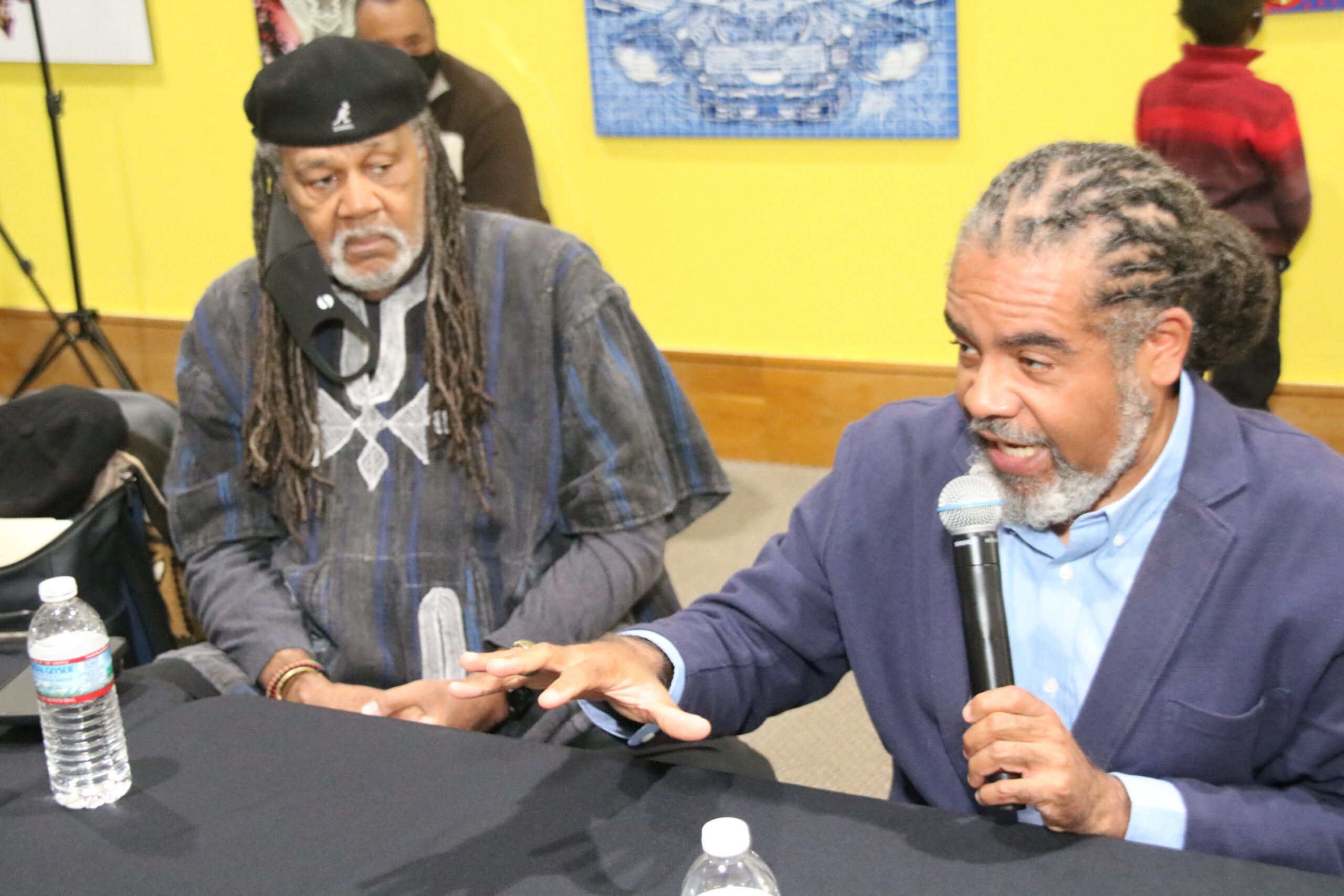
Dr. Raymond Winbush, director of the Institute for Urban Research and a research professor at Morgan State University, shared those words during a three-day summit on reparations that took place at the Atlanta University Center and virtually via Zoom. Experts discussed and strategized about reparations for Black descendants of slaves in the United States of America.
The 2nd Annual National Reparations N’Daba/Summit organized by the National Reparations Institute took place Nov. 5-7. The objectives of the summit were to consolidate the movement, control the reparations narrative, implement the National Reparations Declaration and the Collective Culture Model and Methodology and make sure select committees were established.
Reginald Muhammad, veteran of the reparations movement for over 30 years and one of the organizers of the summit, reported a total of 45 participants ranging from at least 27 local and national organizations. Participants included members of the December 12th Movement, American Descendants of Slavery (ADOS), N’COBRA, the Malcolm X Grassroots Movement, New Order Human Rights Organization and Beacon Hill Black Alliance for Human Rights. Students from Clark Atlanta University and Morehouse College were also present.
Summit organizers defined “complete reparations” as “the process by which a nation or a people is provided with the means to repair and restore their condition, achieve decolonization and make themselves whole through the ability to self-govern, self-sustain and self-defend, with their own independent land mass, economy, education, culture and high civilization.”
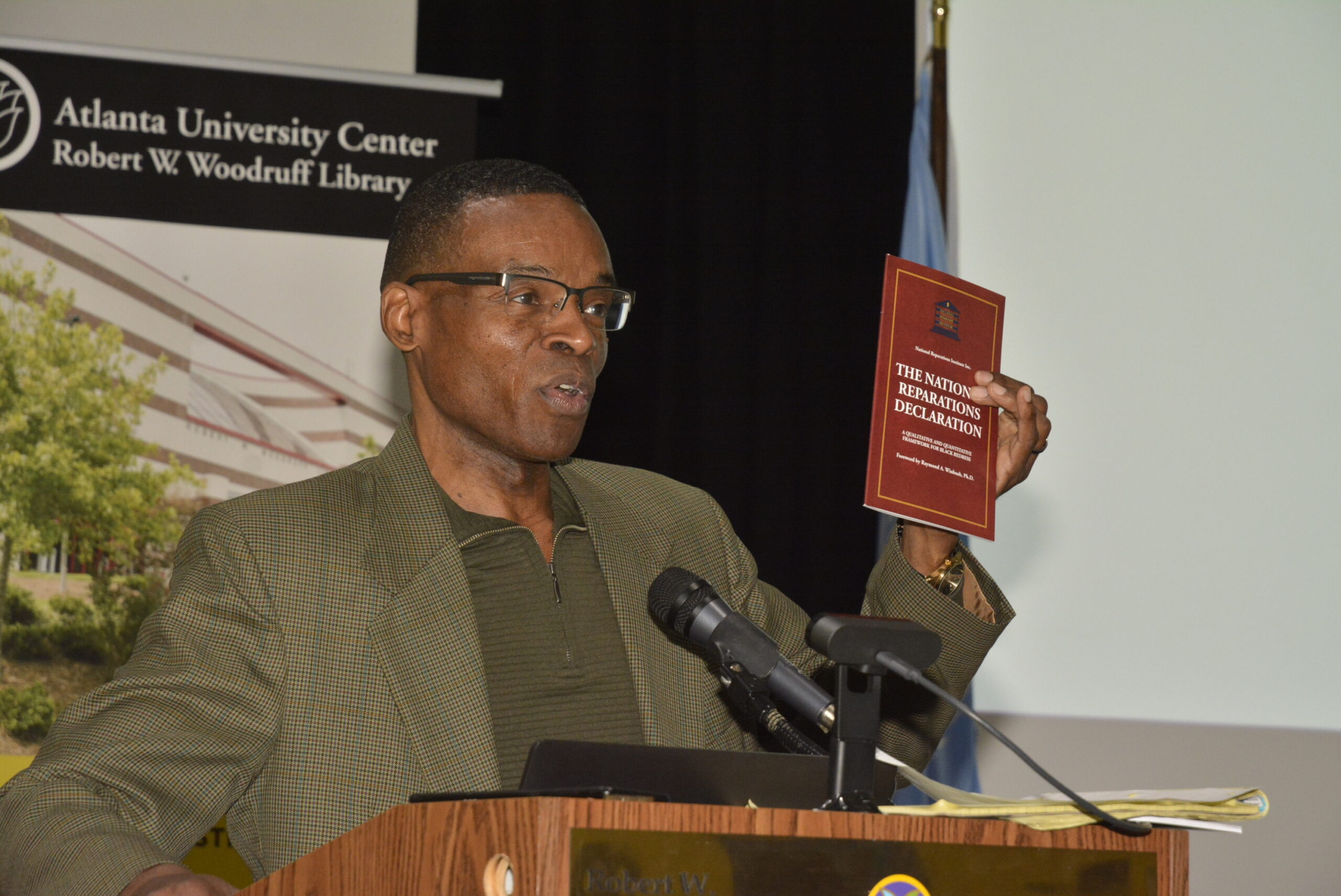
Co-convener Michael Muhammad explained four immediate areas of restitution and presented calculations of how much is owed: about $1.5 trillion for land, $51.2 trillion for forced free labor from 1555 to 1865, $15 trillion for five centuries of denial, inequity, neglect and murder and $15.5 trillion to close the Black-White wealth gap for a total of about $83.3 trillion.
“They profited off our backs. They profited off our blood. They profited off the selling of our bodies. They profited off our death. They profited off our births. But we have to gain from what we have done. No one goes to work not to get a paycheck today. And we should not have worked for 400 years and not gotten paid,” he said.
The Honorable Elijah Muhammad, the Eternal Leader of the Nation of Islam, said he wanted Black people to have 8-10 states. Summit organizers considered 12 possible states for reparations, which they narrowed by looking at the chief products and the acreage of producing land.
Presenter Ahneeahm Ben Khazriel of Youth Aiding Humanity, Inc., provided insight into the approach to reparations as it relates to the next generation. He said youth may feel some summits are “irrelevant or outdated” and are “not in touch with the spirit of the times” and explained that reparations need to be made relevant to the personal lives of the people.
Mr. Khazriel’s organization’s collective strategy for reparations addresses three key areas: women’s empowerment, a program for mental health and emotional wellbeing and skills development for young leaders … programs built to repair the damage that was done to Black people’s minds and culture.
It was also suggested by one of the participants to conduct an HBCU tour to introduce more young people to the movement.
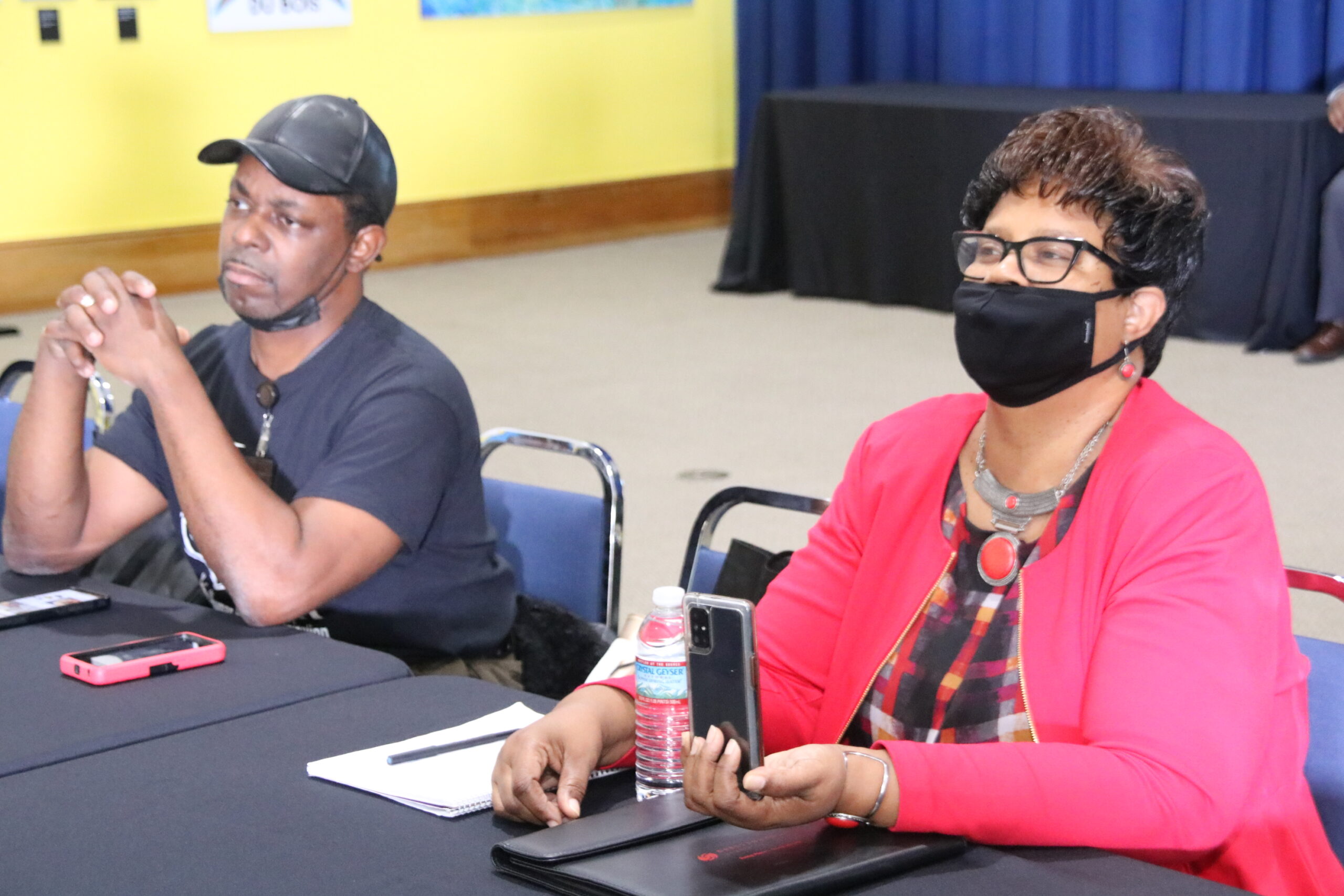
Healing the harms
Reparations would address the “benign neglect” of water infrastructure in cities across the country, improve the health of Black people and provide resources and opportunities related to future technologies, participants said.
Dr. Jewel Crawford, a family physician and educator who wrote a chapter on the slave-health deficit in the book “Should America Pay,” listed some of the social determinants of health.
“Living while Black, racism, being low-income as a result of discrimination on so many different levels really leads to stress, and when you have a lot of stress, the body is in fight or flight mode,” she said. “So it’s like, well, is there a tiger behind you that you’re running from? Well, kind of. More like the White man, right. But we have to live with that all the time, so we’re always kind of looking over our shoulder, and our body is in this tense state.”
Dr. Crawford explained that reparations to improve health care can go toward training a Black health care workforce, universal health coverage, a screening program for early diagnosis and intervention and the development of a mental health care system.
Anana Harris Parris, founder and CEO of the Self Care Agency, made a case for looking at a wellness infrastructure for existing organizations and leaders.
“Some of the barriers is that we’re dealing with not only past crises, trauma and grief in our personal lives, but the idea of a reparations movement is based on repairing that which is drenched with crises, trauma and grief,” she said. “So we’re asking ourselves to participate in, invite others to and have all these healthy, productive conversations about things that are based in not just the celebration of our overcoming, but very real, heavy, deep impact of crises, trauma and grief.”
She said benefits of a strategic self-care and wellness infrastructure framework include reducing and eradicating the power of emotional overseers, focusing the mind on more than survival and teaching how to create safe spaces.
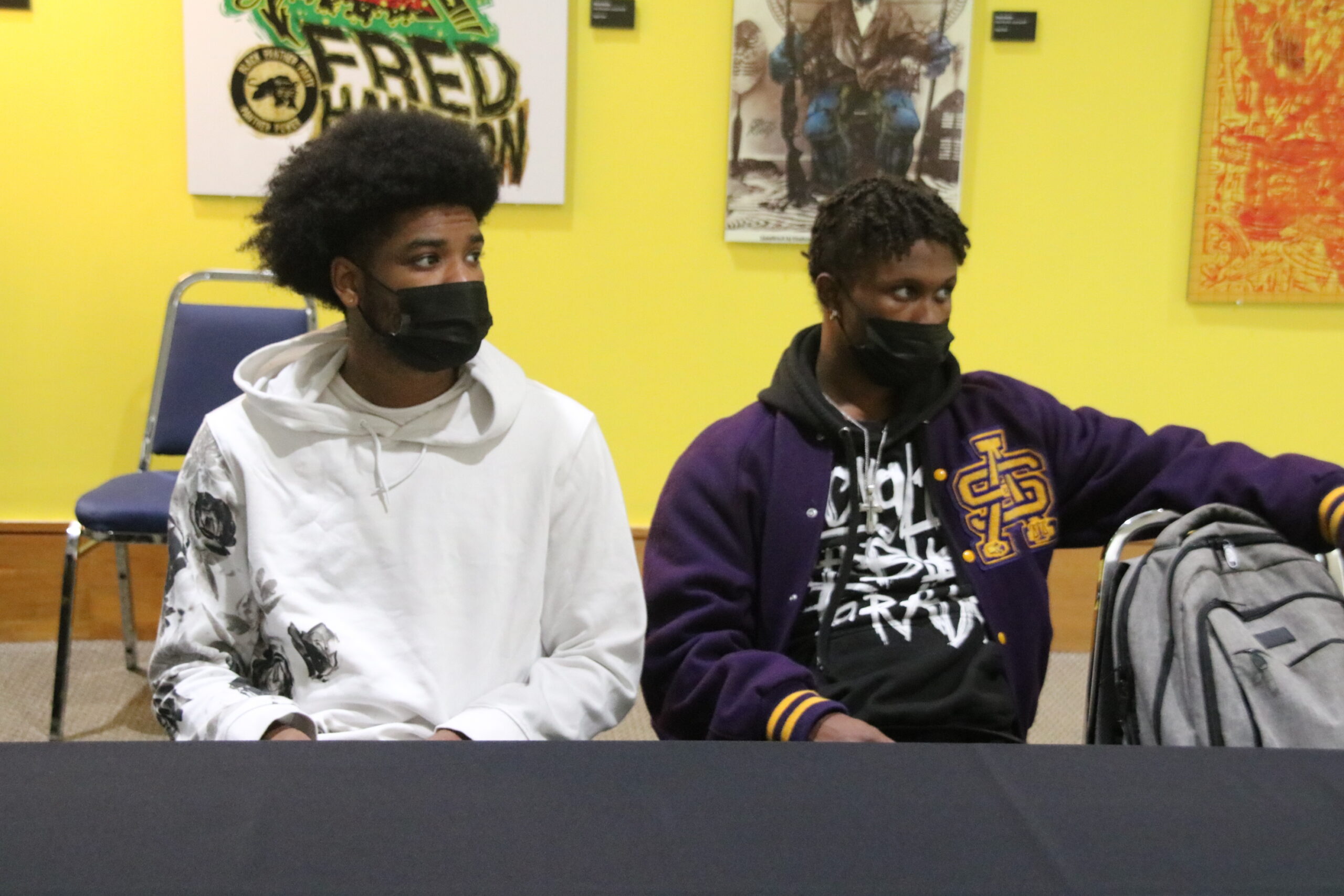
Long history of reparations fight
Black people in America have been demanding reparations since at least 1780, according to a timeline published by the late activist, scholar and educator Dr. Conrad Worrill and Dr. Raymond Winbush in “Chronology of the Reparations Movement of African Americans.”
In 1780, Paul Cuffe and six other Black men petitioned the government of the state of Massachusetts to either give Black people and Native Americans the right to vote or stop taxing them. After a series of events on the reparations timeline—Belinda Sutton’s 1783 petition to the Massachusetts General Court on receiving a pension for slavery, Gabriel Prosser’s 1800 slave rebellion in Virginia and the Haitian Revolution—Paul Cuffe led what historians say is the first Black-initiated effort of going back to Africa. Other reparations appeals and rebellions occurred in the 1800s leading up to the short-lived promise of “40 acres and a mule” proclaimed in January 1865.
In 1896, reparations pioneer Callie House founded the National Ex-Slave Mutual Relief, Bounty and Pension Association.
New movements, organizations, structures and voices in favor of reparations emerged in the 1900s, including civil rights leader James Forman who demanded $500 million in reparations in what is known as the “Black Manifesto” and the founding of the National Coalition of Blacks for Reparations in America (N’COBRA).
In 1989, Detroit Democratic representative John Conyers, Jr. introduced H.R. 40, legislation that would establish a reparations study committee. A House committee approved the bill in April. As of Nov. 5, there were 208 votes in favor and 10 more needed for the bill to be passed by the House.
“This would set up a commission to determine what the dollar figure or other forms of repair would be, because I think all of us agree that repairs are more complicated than just a check,” said Rev. Mark Thompson, a member of N’COBRA. He declared Nov. 8-12 the reparations week of action.
Several cities are taking a serious look at reparations. Those include Greenbelt, Md.; Greenwood, Okla.; Evanston, Ill.; Burlington, Vt; Rochester, N.Y.; Asheville, N.C.; and Detroit, Mich.
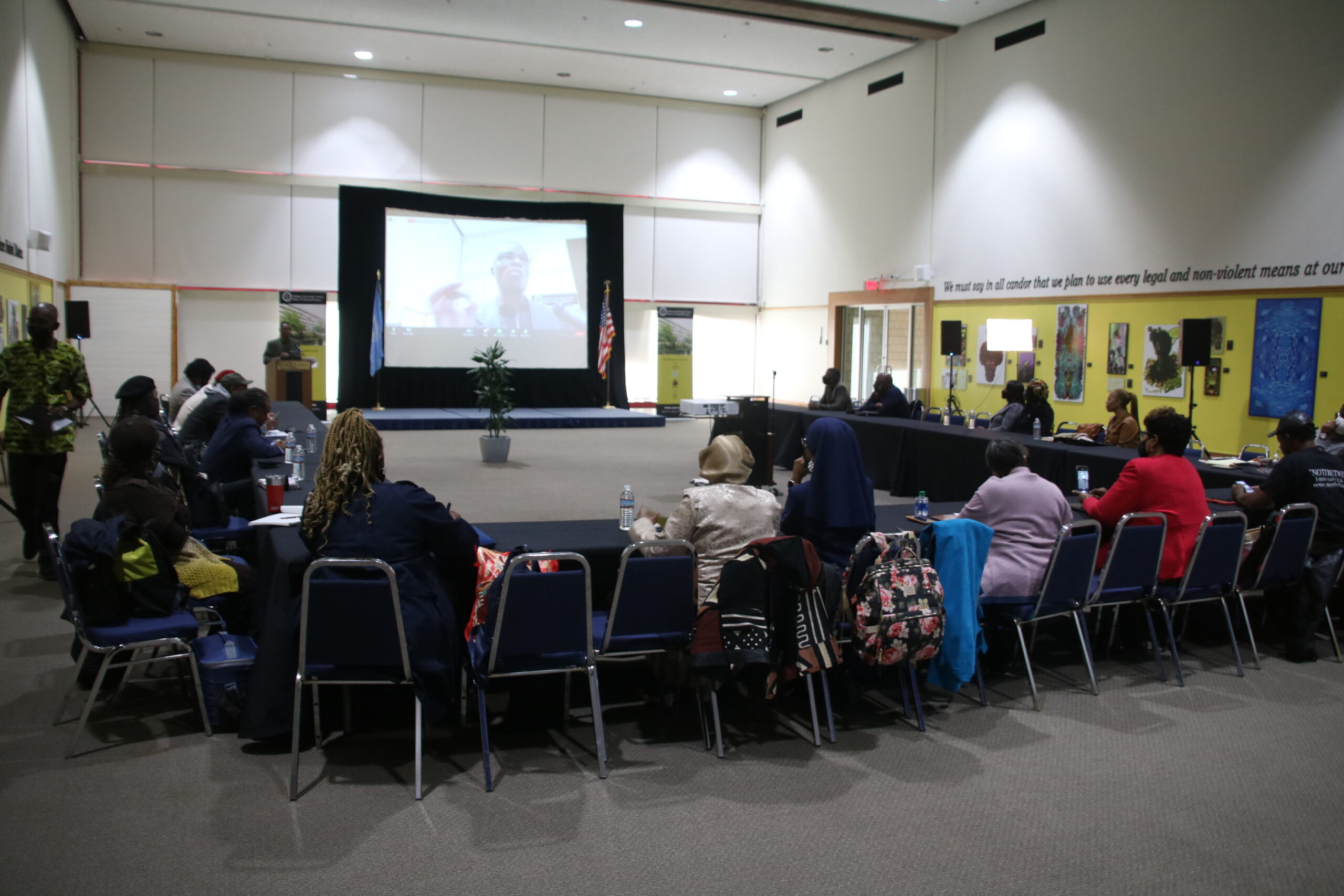
Atty. Roger Wareham of the December 12th Movement spoke on a significant event in the reparations movement: the 2001 U.N. World Conference Against Racism that occurred in Durban, South Africa. Three issues to be addressed at the conference were the Trans-Atlantic Slave Trade and slavery as crimes against humanity, reparations for the descendants of the victims of those crimes against humanity and recognition of the economic basis of racism.
Black people from the U.S. organized with Black people from parts of South America, Europe, Australia and the Caribbean. As a result of their efforts, slavery as a crime against humanity and the subject of reparations was recognized in the Durban Declaration and Program of Action.
Atty. Wareham and his organization are demanding President Joe Biden issue an executive order for a $50 billion down payment on reparations focusing on health care.
Rev. Thompson said that if 10 more members of the House of Representatives vote for H.R. 40 and pass it, Mr. Biden would be able to issue an executive order.
There was a general consensus among some summit participants that getting those 10 votes is the first step before Mr. Biden might be “willing” to do anything.
“They stole us, they sold us, they owe us. Reparations now,” Atty. Wareham said.
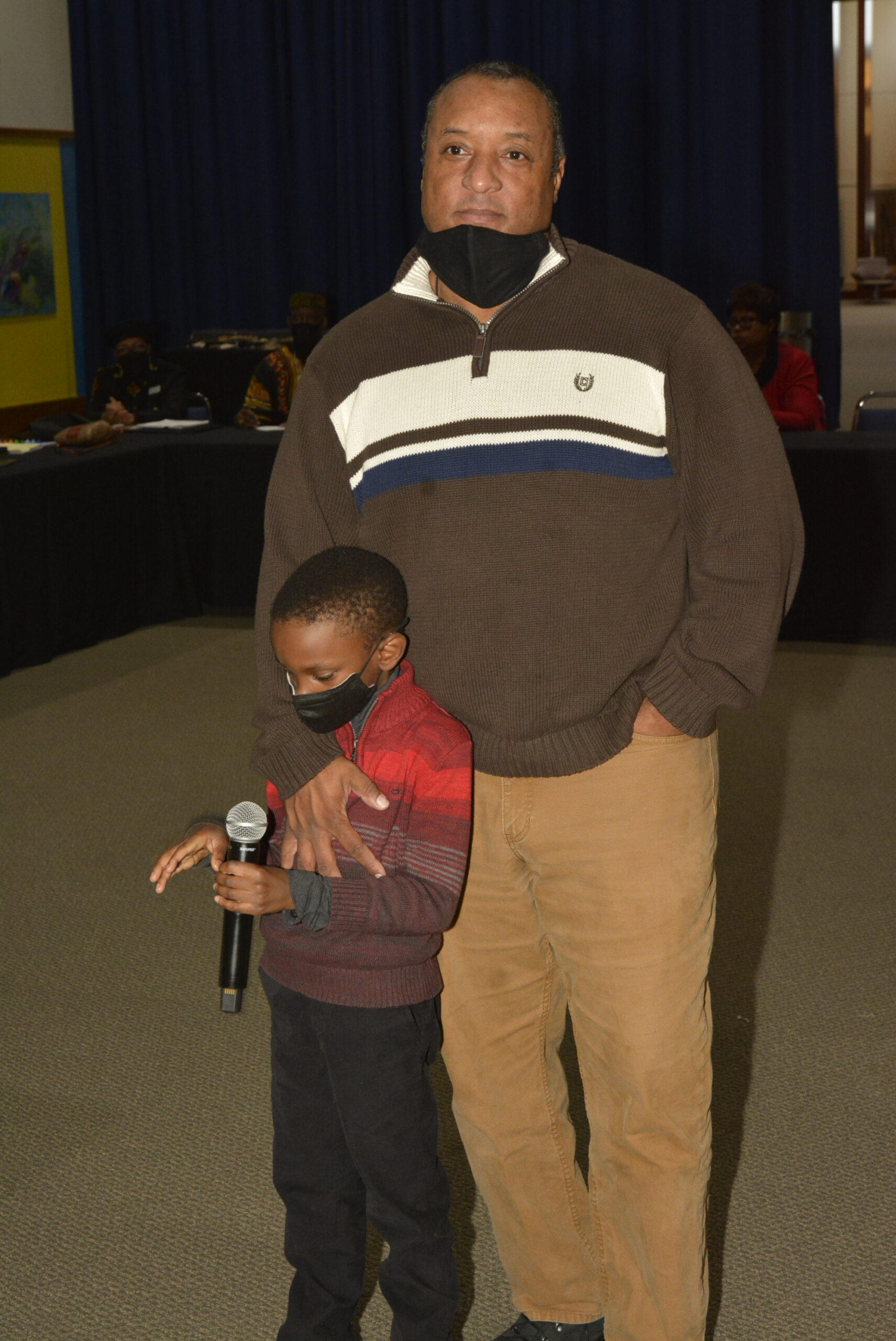
Next steps
Participants at the summit discussed suggestions to unite the reparations movement, suggestions to control the reparations narrative, which select committees to be a part of and what could be done to increase the distribution and the readership of the National Reparations Declaration. They agreed to unite around the health issue. Participants also brought up the importance of setting up a financial account to receive reparations and making sure the money is in the right hands.
The five select committees to build and expand on are education and culture headed by Dr. Chike Akua; public and mental health headed by Dr. Jewel Crawford; state and land acquisition headed by Nation of Islam Southwest Regional Student Minister and urban planner Dr. Abdul Haleem Muhammad; legislative and public policy headed by expert Leonard Jones and economic and investment, which does not have an appointed head yet. Reginald Muhammad said each committee will research and issue a report and recommendations 120 days after the summit. Participants agreed to meet virtually every two weeks, with the next meeting scheduled for Nov. 20.
Reginald Muhammad said next steps are to initiate a national poll and to travel to 25 cities, going door to door and campus to campus with the National Reparations Declaration, with the goal of gauging Black people’s thoughts on reparations and to include the findings in a final report. For more information, visit www.nationalreparationsinstitute.org.












